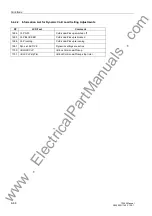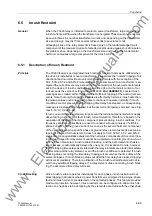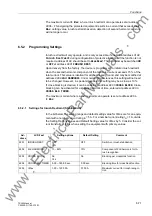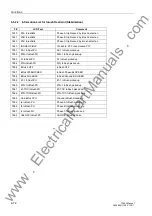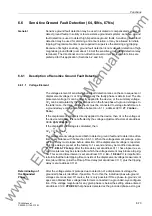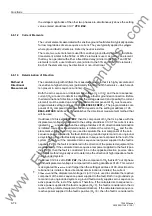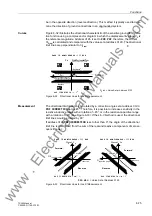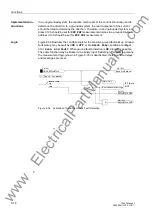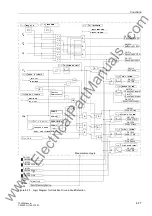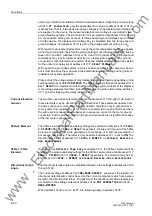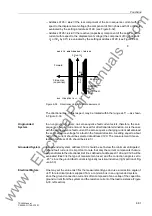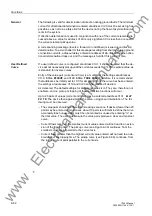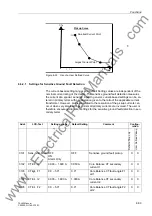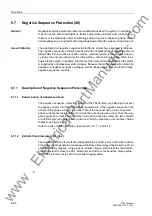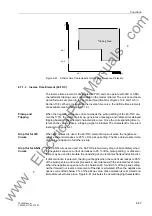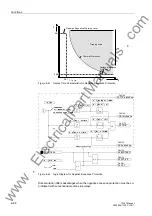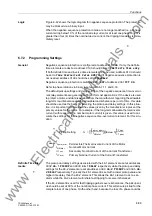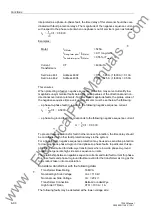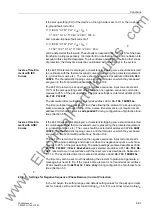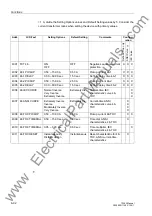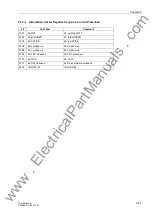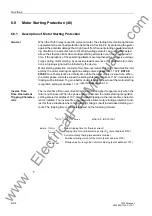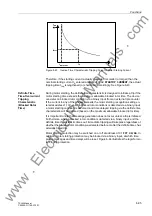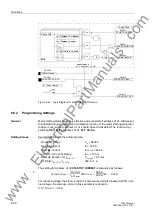
Functions
6-82
7SJ63 Manual
C53000-G1140-C120-1
General
The following is valid for determination of direction during ground faults: The minimum
current for directional determination entered at address
must be set as high as
possible so as not to be a false limit of the device during the flow of asymmetrical cur-
rents in the system.
If direction determination is used in conjunction with one of the current elements dis-
cussed above, a value for address
is only significant if it is less than or equal to
the current element pickup value.
A corresponding message (reverse, forward, or undefined) is issued upon direction
determination. To avoid chatter for this message resulting from sharply-varying ground
connection currents, a dropout delay, entered at address
, is initiated when direc-
tional determination drops out, and the message is held for this period of time.
User Defined
Curve
If a user defined curve is configured at address
, it should be noted that the de-
vice will not necessarily pickup until the current exceeds 110 % of the pickup value, as
is standard for inverse curves.
Entry of the value pair (current and time) is a multiple of the settings at addresses
1V3,&.83
and
1V7,0(',$/
. Therefore, it is recommended
that addresses be initially set to 1.00 for simplicity. Once the curve has been entered,
the settings at addresses
and
can be modified if desired.
As delivered, The default settings for all current values is
∞
. They are, therefore, not
enabled—and no pickup or tripping of these protective functions will occur.
Up to 20 pairs of values (current and time) may be entered at address
0RI
387'
. The device then approximates the curve, using linear interpolation. The fol-
lowing must be observed:
−
The value pairs should be entered in increasing sequence. If desired, fewer than 20
pairs may be entered. In most cases, about 10 pairs is sufficient to define the curve
accurately. Each unused pair must then be marked as unused by entering “
∞
” as
the limit value. The user must ensure the value pairs produce a clear and constant
curve.
−
Current flows less than the smallest current value entered will not lead to an exten-
sion of the tripping time. The pickup curve (see Figure 6-39) continues, from the
smallest current point parallel to the current axis.
−
Current flows greater than the highest current value entered will not lead to an ab-
breviation of the tripping time. The pickup curve (see Figure 6-39) continues, from
the largest current point parallel to the current axis.
www
. ElectricalPartManuals
. com

